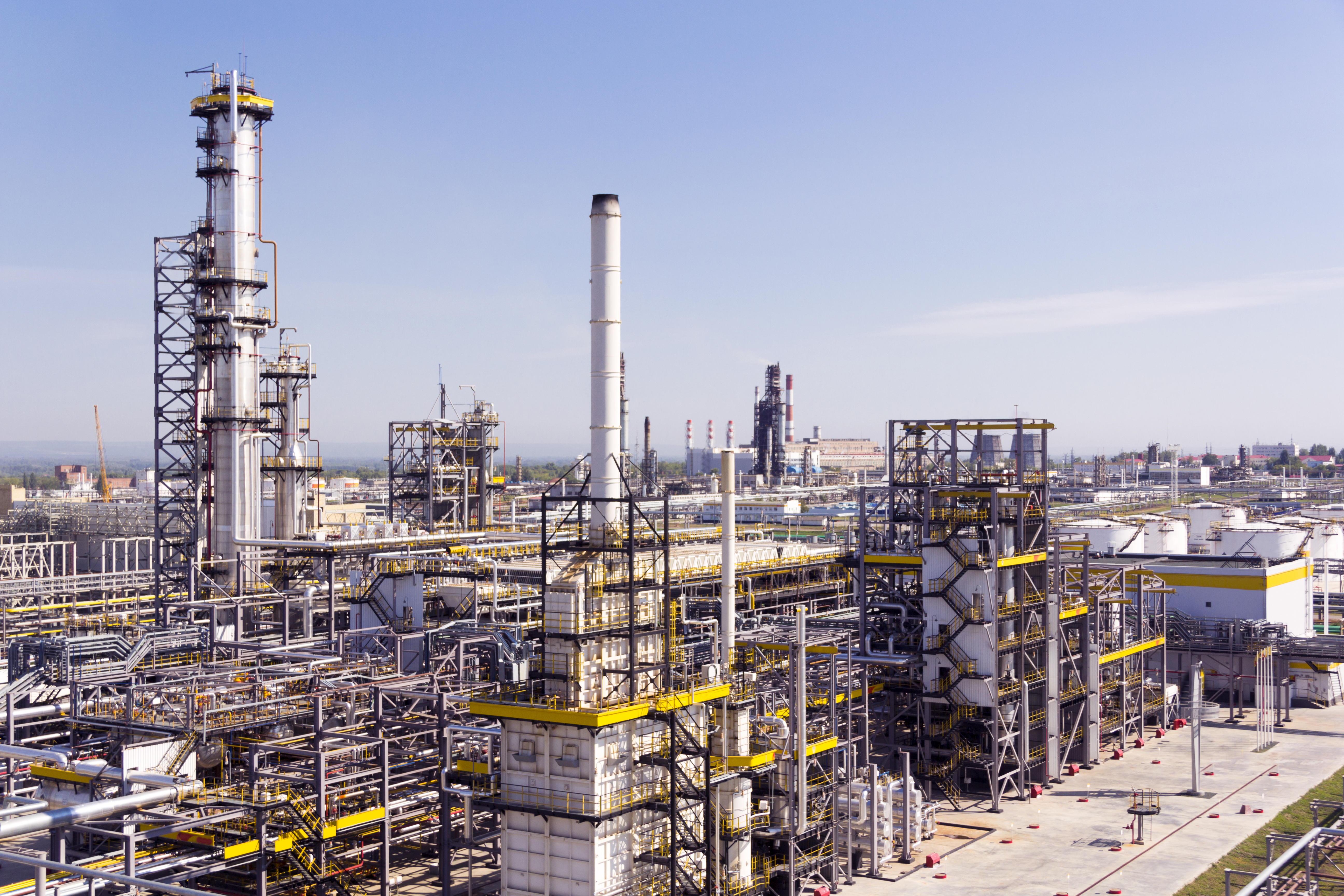

Whitepaper —
Rigid to Resilient: The Transformative Power of Tolerant Process Design and Operation.
Share:
As the world moves away from a linear and fossil-based economy, it’s becoming clear that our industrial processes are not ready for this change towards the dynamic environment of a circular economy: The existing production processes, while highly efficient, show rigidity and inflexibility as a downside. To adapt and thrive in this new economic landscape, it’s essential to develop and integrate tolerance into our process designs and operations.
Explore our workflow for adapting chemical processes to this new paradigm, emphasizing virtual stress tests and mitigation strategies shown for a case study of a waste-to-methanol process’s tolerance to variable feedstock compositions.
Tolerant processes
are the key for the green transition—flexible, resilient, and capable to operate in dynamic environments
Virtual stress tests
An innovative tool that simulates dynamic conditions, ensuring your chemical processes ready for any future challenge.
Reveal cause-effect chains
Implementing tolerance in processes involves understanding the cause-effect relationship between dynamic input conditions and processes
Process tolerance
isn't just for new designs; it's a versatile approach that can be integrated at the early stages of process development or ingeniously retrofitted into existing systems, enhancing their adaptability and resilience.
The benefits of including tolerant process design and control strategies in a chemical process development is demonstrated through a waste-to-methanol process. Here, the focus of the process tolerance analysis is on maximizing feedstock utilization and ensuring the highest possible operational reliability of the plant, while consistently meeting product quality standards.


